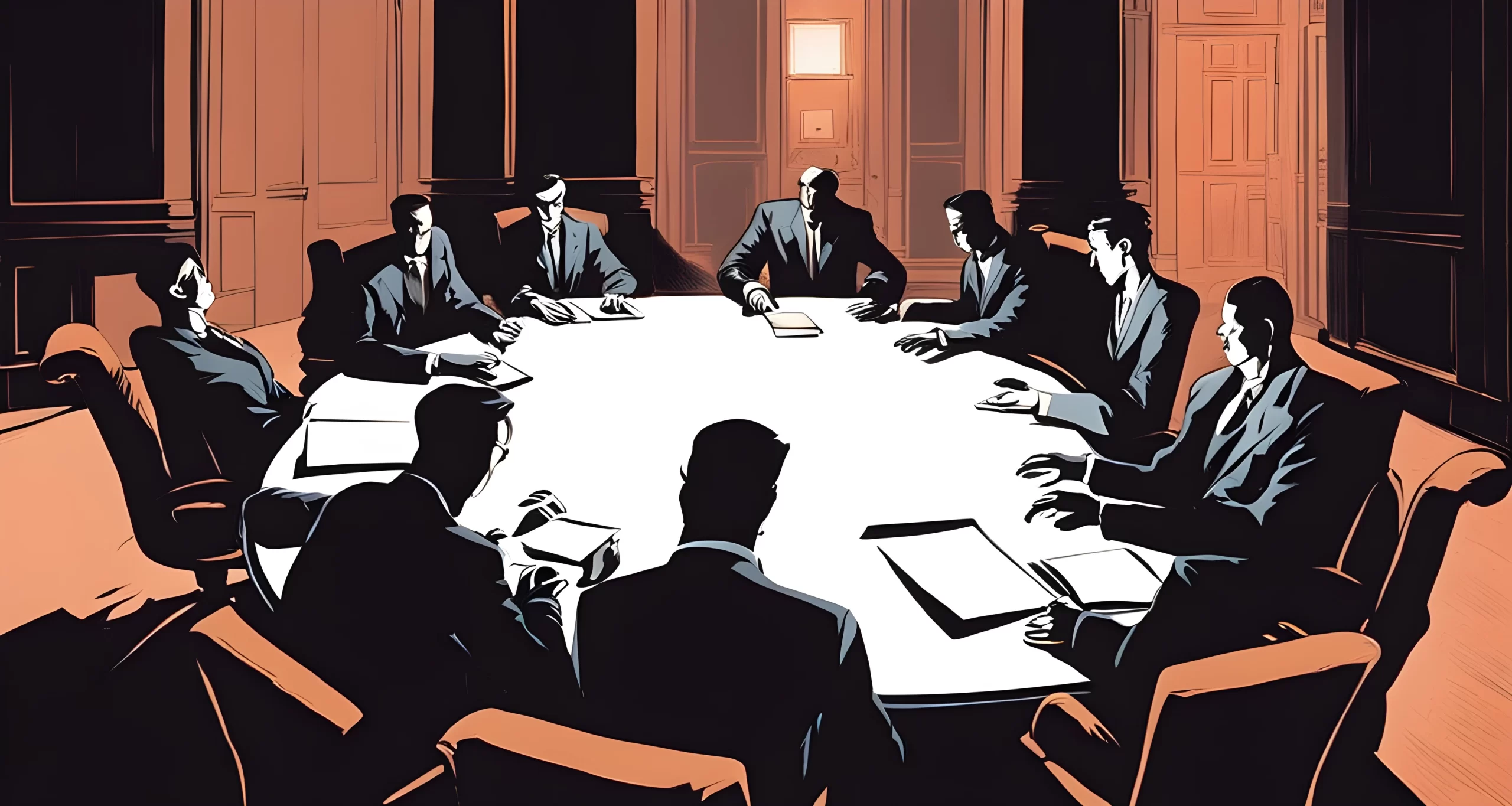Introduction
The concept of the ‘deep state’ has gained attention in the United States, particularly in the context of the Trump administration. It refers to the idea that there is a group of career government employees who secretly manipulate government policy and undermine elected leaders. This notion has been discussed in the context of foreign countries with former authoritarian regimes.
The term "deep state" has been used to describe the influence of unelected officials on government policy and decision-making, leading to concerns about the erosion of democratic processes. This has sparked debates about the extent to which unelected officials should have influence over elected leaders.
While some view the deep state as a necessary check on elected officials to ensure continuity and stability, others see it as a shadowy network that operates outside of public oversight and accountability. The concept has also been associated with conspiracy theories, creating suspicion and distrust in government institutions.
Understanding the origins, characteristics, and impact of the deep state is crucial for gaining insight into how government systems operate and how power is wielded behind the scenes. It also raises important questions about the balance of power between elected officials and career bureaucrats.
For a deeper understanding of how government influence can shape public perception and decision-making, it’s important to explore related topics such as Fable or Fact – Brainwashing Techniques: Myth or Reality? This can shed light on how information is manipulated and controlled within society, further adding to the complexities of governance in modern times.

The Origins of the Deep State
The concept of the deep state in the United States gained prominence during the 2016 presidential campaign, with conservative publications contributing to its increased visibility. Originally used to describe power dynamics in foreign countries, the term has since been associated with the US government and its employees.
- The term "deep state" was originally used to describe power structures in countries like Turkey and Egypt, where unelected officials and military personnel held significant influence over government decisions.
- In the United States, the concept began to gain traction as conservative media outlets highlighted alleged bureaucratic resistance to President Trump’s policies.
- The increased visibility of the deep state in US political discourse has led to widespread debate and speculation about its existence and impact on governance.
This section of "The Deep State: Who Controls the Government?" provides insight into the historical background of the term. It sheds light on how the concept has evolved from its original use in foreign contexts to its current association with US government dynamics.
For more information on public health crises and their impact on society, check out our article on the Epidemic danger regarding the anti-vaccine movement.
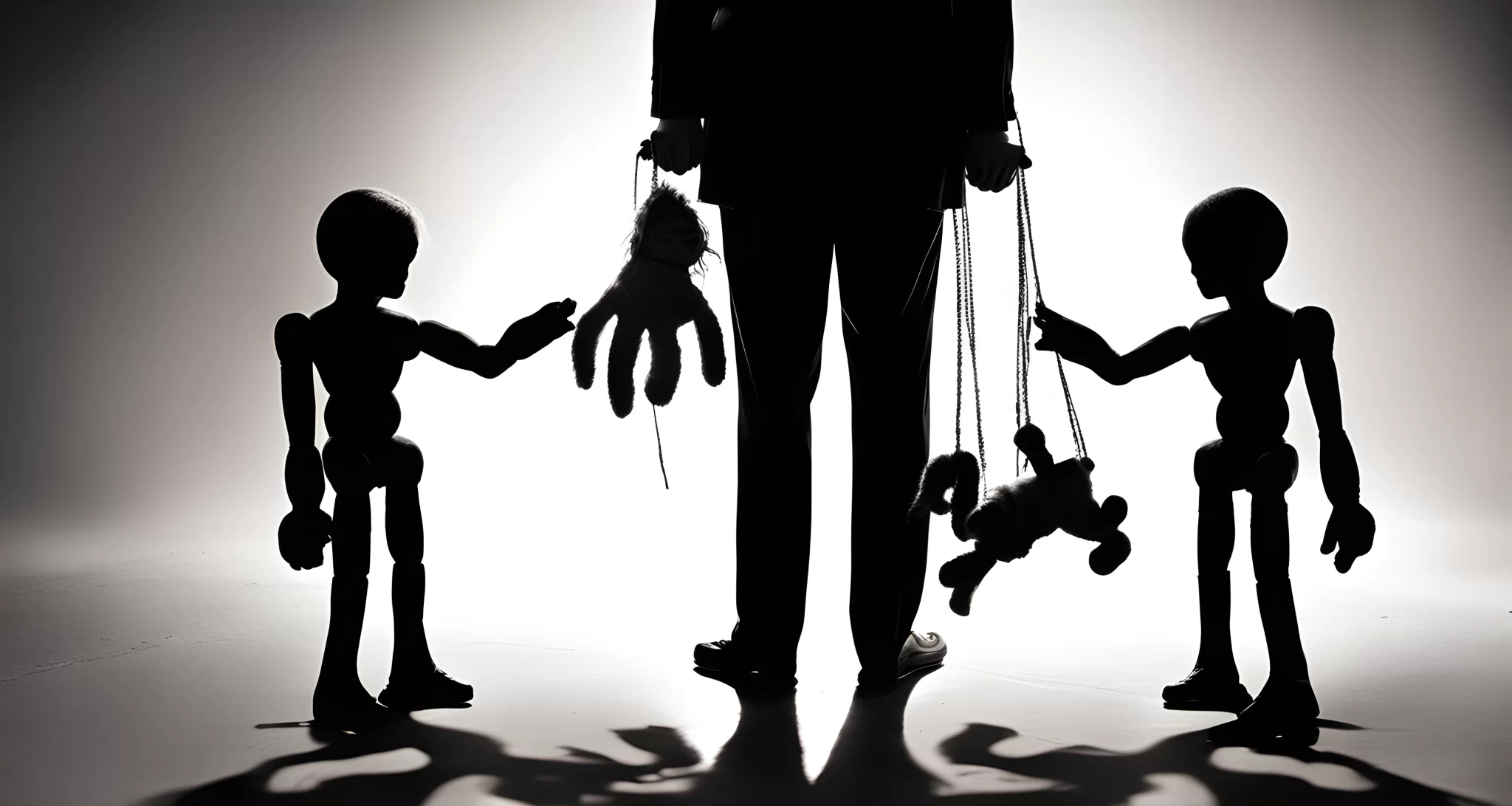
Characteristics of the Deep State
The deep state within the United States is often characterized by certain key features and behaviors. These characteristics help to define and identify the alleged operations of this secretive entity within the federal government. Here are some of the key characteristics associated with the deep state:
-
Secrecy and Lack of Transparency: The deep state is believed to operate in secrecy, with its activities hidden from public view and scrutiny.
-
Influence over Policy Making: It is thought to have significant influence over policy making and decision-making processes within the government, often working behind the scenes to shape agendas and outcomes.
-
Longevity and Continuity: The deep state is perceived to have a long-standing presence, with its influence persisting across different administrations and political parties.
-
Connections to Powerful Institutions: It is often associated with connections to powerful institutions such as intelligence agencies, military establishments, and influential corporations.
-
Allegations of Corruption and Abuse of Power: The deep state is frequently accused of engaging in corrupt practices and abusing its power for self-serving purposes.
These characteristics contribute to the perception of a shadowy, undemocratic force operating within the corridors of power. While the existence of a deep state is a contentious issue, it continues to be a topic of debate and speculation among a significant portion of the American population.
For more information on secretive operations and government cover-ups, check out our article on Phoenix UFO Sightings.
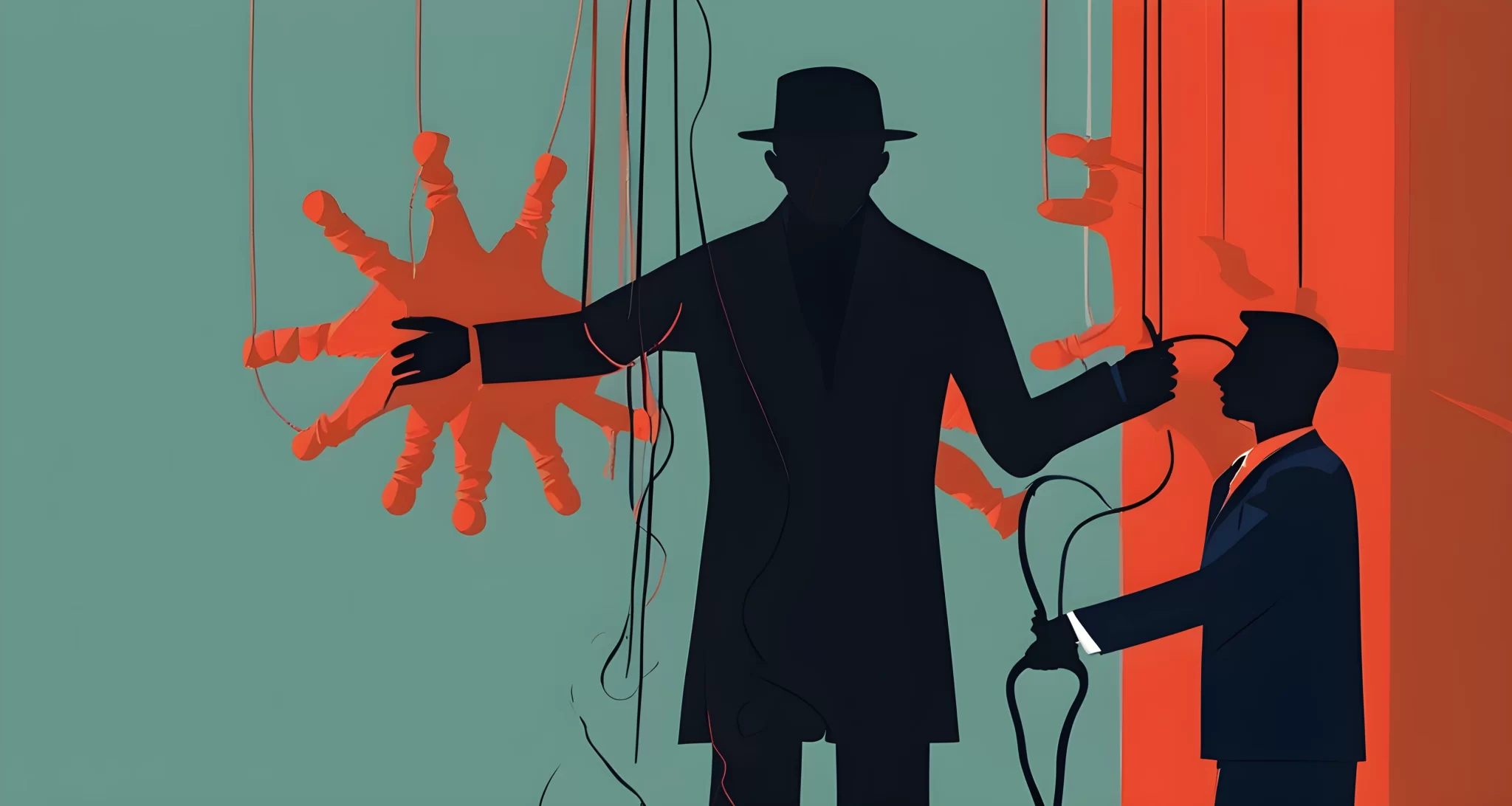
Influence of the Deep State
The influence of the deep state extends into various aspects of government and policy. Here are some key areas where the deep state is known to have an impact:
-
National Security: Government agencies such as the military and intelligence services play a significant role in shaping national security policies. The deep state’s access to classified information and influence over these agencies can potentially sway decisions in ways that are not transparent to the public.
-
Foreign Policy: The deep state has been known to have a hand in shaping foreign policy decisions, especially when it comes to matters of international relations and diplomacy. This influence can sometimes conflict with the priorities of elected officials, leading to tensions within the government.
-
Bureaucratic Power: Government bureaucrats, who are often associated with the deep state, wield significant power in implementing and enforcing policies. Their influence over day-to-day governance can shape the overall direction of the government, sometimes at odds with elected leadership.
The concept of the deep state has sparked numerous conspiracy theories and debates about its true impact on governance. Some suggest that it operates behind the scenes to undermine elected leaders Large Hadron Collider interdimensional portal, while others argue that it provides stability and continuity in government operations.
Understanding the influence of the deep state is crucial for evaluating how power is distributed within a government and how it may affect decision-making processes.
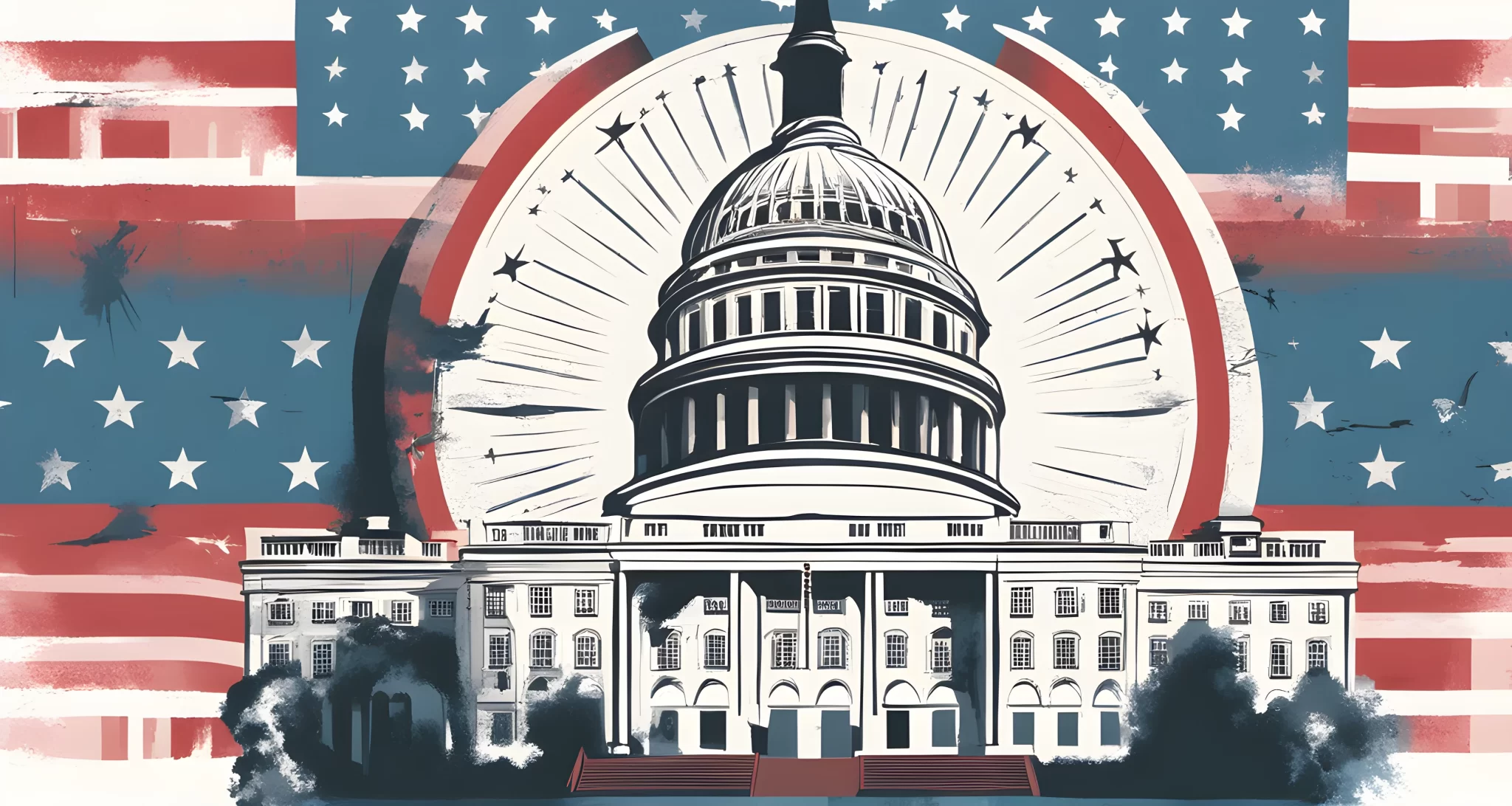
Conspiracy Theories and the Deep State
Conspiracy theories surrounding the deep state have become increasingly prevalent in recent years. These theories often revolve around the idea that a shadowy group of powerful individuals within the government is working to manipulate and control political events for their own benefit.
Some common conspiracy theories regarding the deep state include:
- Suppression of Information: Belief that the deep state is actively hiding information from the public, either to maintain their power or to cover up illicit activities.
- Influence on Elections: The notion that the deep state manipulates election outcomes by covertly supporting certain candidates or parties.
- Economic Manipulation: The idea that the deep state plays a role in shaping economic policies and events, such as the Crisis Conspiracy, in order to benefit financially.
These conspiracy theories often stem from a lack of transparency within government institutions and a general distrust of those in positions of power. While it is important to critically assess the actions of government entities, it is equally crucial to distinguish between legitimate concerns and baseless speculation.
Conspiracy theories can have a significant impact on public perception and trust in government institutions. It is important for individuals to critically evaluate the sources of information they consume and to seek out reputable, evidence-based sources when forming their opinions on political matters.
Understanding and addressing conspiracy theories surrounding the deep state is essential for maintaining a well-informed and engaged citizenry, as well as for promoting a healthy democratic society.
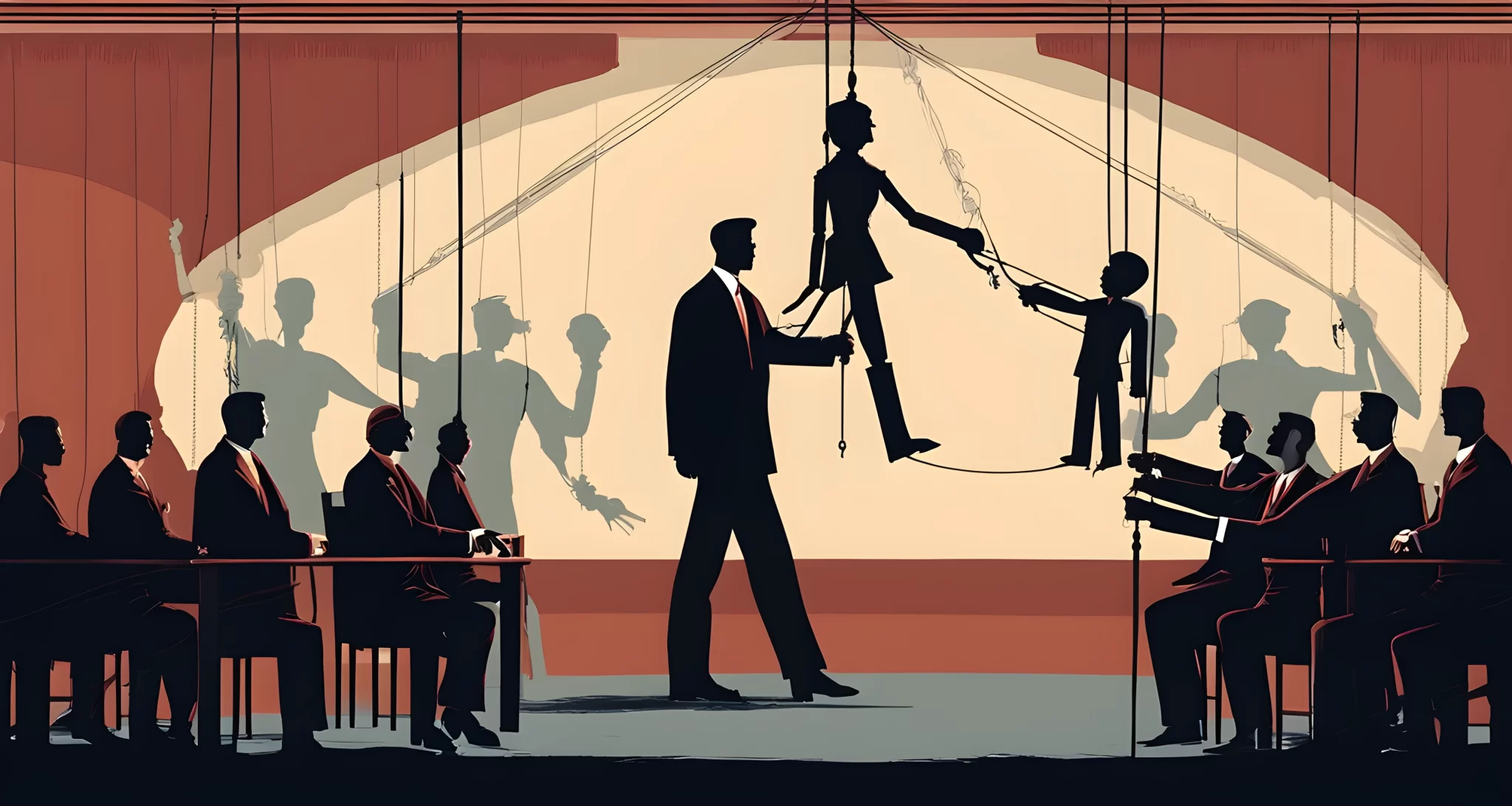
Impact of the Deep State on Governance
The impact of the deep state on governance in the United States is significant and continues to shape political discussions. Here are some notable impacts:
Lack of Transparency and Accountability
- The deep state’s influence has been linked to a lack of transparency and accountability in government operations.
- This has led to concerns about the secretive nature of decision-making processes and the potential for unchecked power within government agencies.
Polarization and Distrust
- Conspiracy theories surrounding the deep state have contributed to political polarization and a general distrust of the federal government.
- Both Democrats and Republicans have expressed concerns about the influence of unelected officials on policy decisions.
Policy Formulation
- The deep state’s alleged involvement in policy formulation has raised questions about the true extent of democratic governance in the US.
- Critics argue that entrenched bureaucratic interests may override the will of elected officials, resulting in policies that do not necessarily reflect the interests of the public.
These impacts have led to ongoing debates about the true nature of governance in the United States. The belief in a deep state has created an atmosphere of suspicion and skepticism, affecting public perceptions of government institutions. For more insight into controversial sects that impact governance, check out Opus Dei controversy inspection.
Overall, the impact of the deep state on governance remains a topic of interest and concern, shaping discussions about the balance of power within the US government.
FAQ
What is the deep state?
The deep state refers to a group of career government employees who secretly manipulate government policy and undermine elected leaders or political appointees.
Is the concept of the deep state new?
The concept of the deep state is not new and has been discussed in the context of foreign countries where employees of former authoritarian regimes try to undermine newly elected leaders in fragile democracies.
Do a significant portion of americans believe in the existence of the deep state?
Yes, nearly 50% of americans think there is a deep state operating within the federal government, according to a recent abc news/washington post poll.
Which government agencies are often associated with the deep state?
The deep state is often associated with government agencies like the military and intelligence services, which have access to classified information and the power to influence policy.
